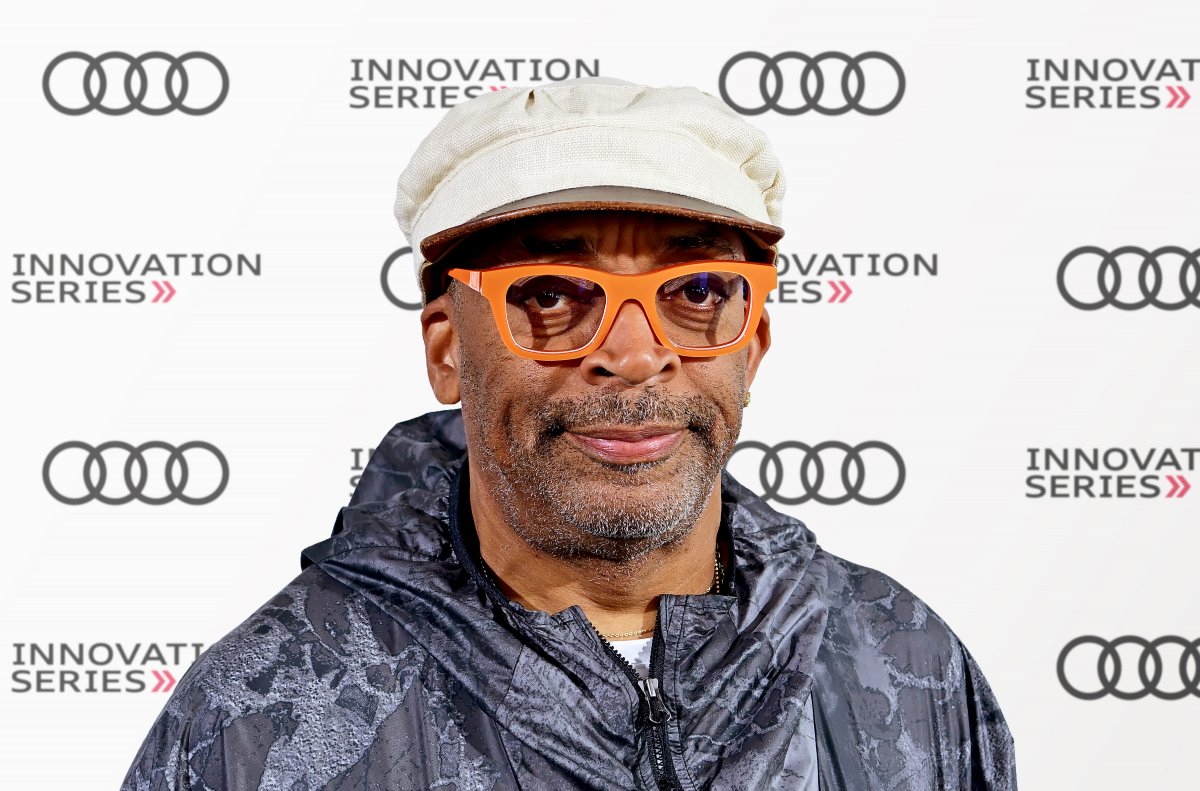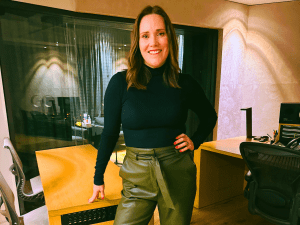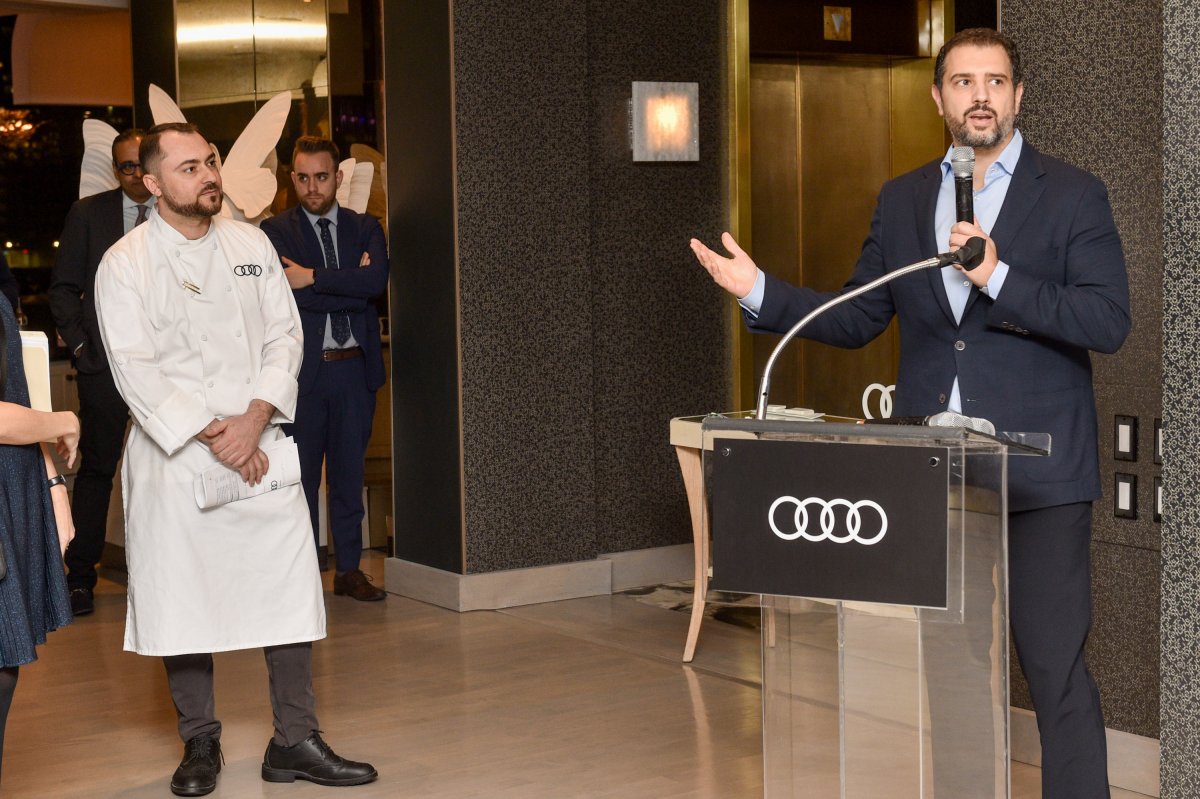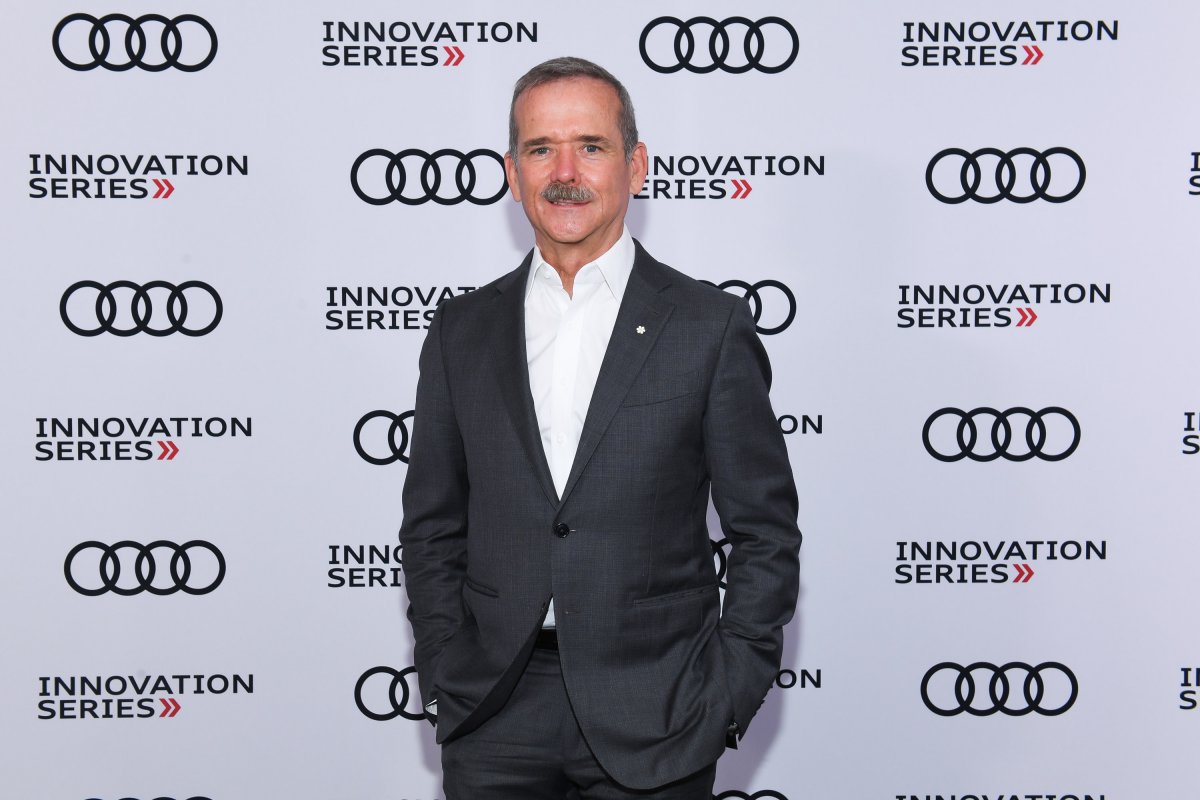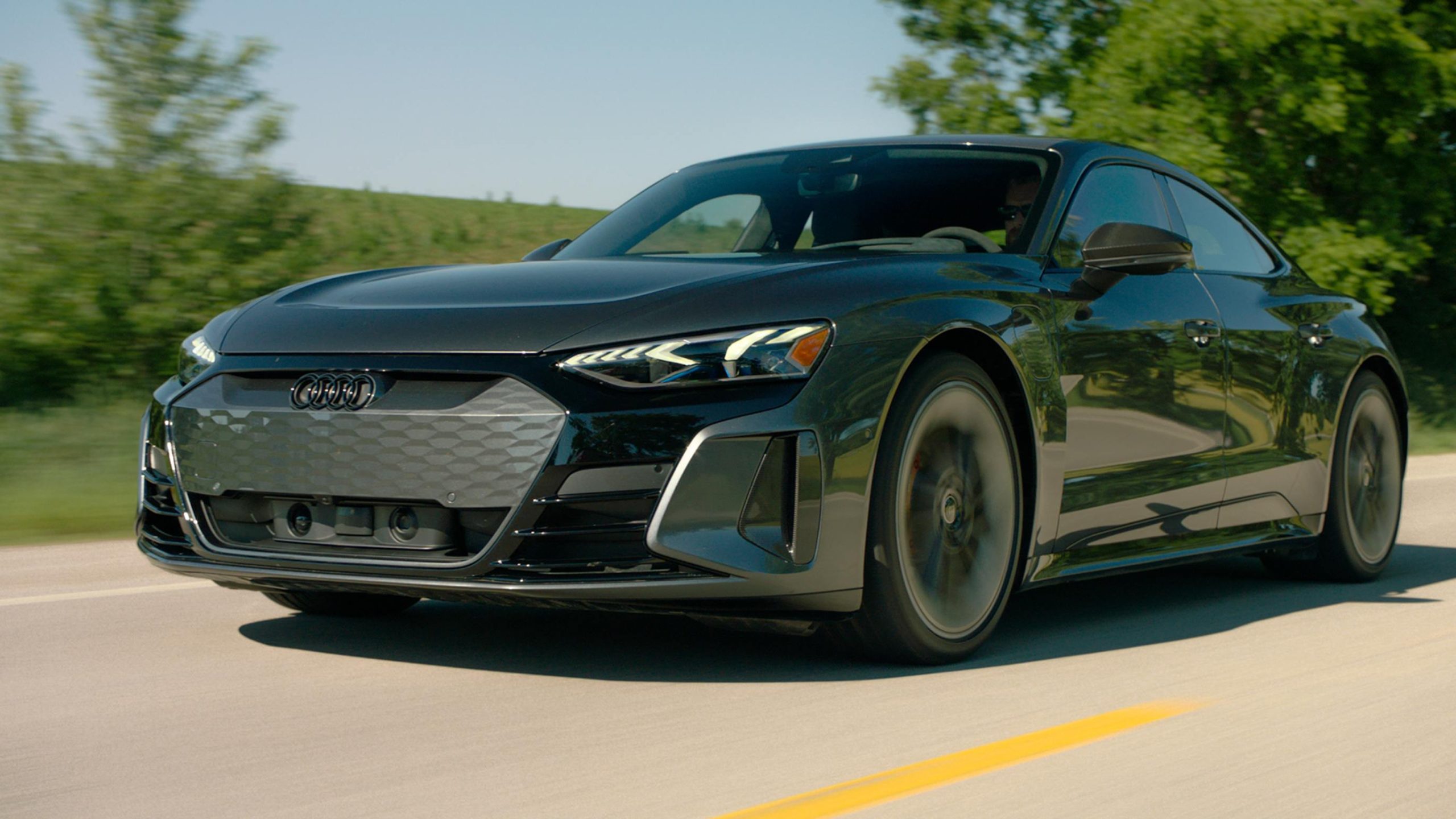What does it mean to be innovative? For the past four years, Audi has explored how we manifest and harness innovation through its annual speaker showcase, Audi Innovation Series. Meant to spark a dialogue on the changing world around us, the series features various leaders every year who are known for changing the trajectory of their respective industries, with past guests including fashion icon Tommy Hilfiger, Netflix co-founder Marc Randolph, award-winning actors Jennifer Hudson and Jared Leto, and more.
Now in its fifth year, the Audi Innovation Series welcomed Oscar-winning filmmaker, producer, screenwriter (and overall multihyphenate) Spike Lee as their guest of honour. In a discussion with journalist Dwight Drummond, the duo discussed overcoming self-doubt, legacy, and the best advice he has for young artists.
Dwight Drummond: When you first started working in the industry as a filmmaker and a director in the ’80s, what sort of career were you expecting back then?
Spike Lee: I wanted to be in it for the long haul. I did not want to be a one-and-done. I wanted to build my body of work. I understood that the more I worked, the more films I did, I could really develop my skills more, both as a filmmaker and as a storyteller.
Dwight Drummond: Education was very important to your family growing up. What piece of advice do you have for young filmmakers?
Spike Lee: You can’t teach talent but you can try to get people to understand that you have got to have a work ethic. The hand of God is not going to come out of the bluest sky and anoint you “The Next One.” You have to be relentless. This is a very, very hard industry and you’ve got to put the work in and roll up your sleeves.
Dwight Drummond: The Audi Innovation Series is about building conversation around creativity and innovation. What keeps you creative?
Spike Lee: Here’s the thing, I’m blessed and I’m fortunate. The majority of the people on this earth go to their grave having worked at a job they hated. When you’re able to make a living doing what you love, you’ve won. There’s nothing better than that. It didn’t have to be this way that through God—whatever you want to call it—I’ve been given the position to do what I love. It’s something I cherish and take very, very seriously. This is not a game, it’s not a joke. This is for real.
RELATED: Jennifer Hudson on Manifesting Success, Taking Risks, and Aretha Franklin
Dwight Drummond: Do you ever experience self-doubt in the creative process? And if so, how do you push through that?
Spike Lee: I don’t know anyone [that doesn’t.] Even Michael Jordan. I asked him and he said, “Yeah, Spike.” That’s just being human. You’ve probably gone through stuff that’s hard. You might be knocked down on the canvas. You’ve got to put your hands on the ropes and pull yourself up, keep it going. That’s a part of just being human. You’re going to get knocked down. I know it might sound cliché, but it’s really the truth. Now, get up.
Dwight Drummond: What do you think is the biggest challenge for filmmakers or the film industry today?
Spike Lee: Well, as far as the filmmakers go, the challenge is that you need financing to make the film. It’s not like you’re just getting a canvas and grabbing some paint and brushes. This thing takes some money and that’s always going to be an issue. Can you get the financing for the film, TV show, documentary, or whatever it is that you want to make?
Dwight Drummond: The Audi Innovation Series is about innovation. Can we talk about how technology is changing your craft? Has it largely helped or hindered innovation in the arts? Especially now that we all have a camera in our hands, walking around with it?
Spike Lee: Well, anybody who has a phone can make a film, and you can edit it on your laptop. So, technology has brought a great democracy to filmmaking. In my era, you went to film school to get the equipment, because you couldn’t get the equipment. You weren’t even worried about the degree, you wanted the equipment to make a film. Technology has made things more democratic. If you want to make a film, you have no excuses. You can do it and you can get it seen just by putting it out there.
Dwight Drummond: Off-screen and off-stage, what is your proudest achievement?
Spike Lee: As far as film goes, I would have to say several things. Number one, a lot of people who are very successful in this very hard industry, especially for people of colour, have come through [my production company] 40 Acres, so I’m happy about that. Another thing is, a lot of people attended historically Black universities and schools because of School Daze. People told me that it changed their life. I think those are two great legacies to start with.
This interview has been edited and condensed for clarity.


